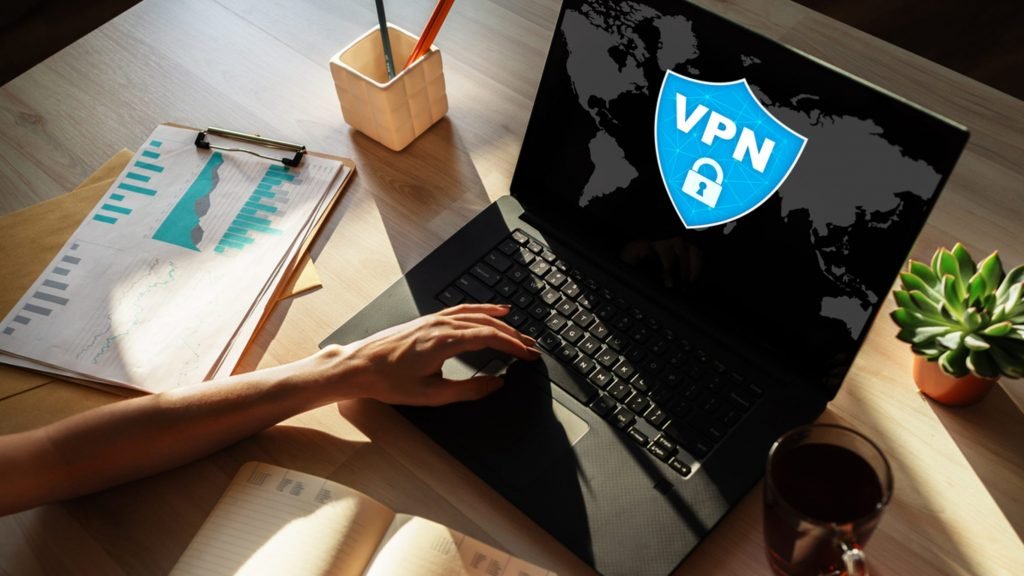Behind the acronym VPN are three English words – Virtual Private Network. Together they form a separate private Network, that is, a “Network within a Network” with an encrypted connection.
The most important component of this expression is the word “private. Behind this word lies the rule that not every Internet user can get into it. In order to achieve this goal, it is necessary to somehow separate “friendly” users from “strangers” and to do the same with information. To do this, the method of encryption is used.
On the Internet, users are constantly leaving “traces”: visiting sites, browsing pages, making purchases. Even if you have the imaginary notion of anonymity, it is possible that your whole life is in the palm of someone else’s hand. If your actions take place on the open web, it is possible to trace them by going from the final point to the starting point and gathering the necessary information.
Attackers can trace your address or find the number of your bank card you used to pay at an online store. VPN technology is designed to hide you on the Internet, as if “locking you in a safe corridor” and shielding you from outside influences. It allows you to keep your privacy.
While using the corporate virtual network, all of your activities are encrypted and when you try to trace them, a person will only get one of the VPN routers and not your real connection source.
A VPN prevents third parties from taking advantage of your data. As for anonymity, private networks can provide it without third-party tools like the TOR network.
When connecting to unpatched networks (e.g., cafes), a VPN is essential. Data in open networks is transferred from one user to another with absolute ease, while VPN will limit this process.
Since the corporate virtual network changes your IP, using this technology opens up access to resources that are banned in a particular territory. Of course, we are not only talking about banned and malicious sites, but also about those that operate only in a certain territory. For example, a VPN will provide access to Spotify’s extensive music library.
Connecting to a VPN is widely used everywhere, especially if the physical network does not belong to the user of the virtual network. This is a frequent practice for employees of large firms. When working remotely from outside the office, they are required to connect to the company’s closed network to ensure complete privacy.
Thus, it is safe to say that VPN is a very useful technology in our reality. Choose your connection wisely and enjoy your freedom on the Internet!


